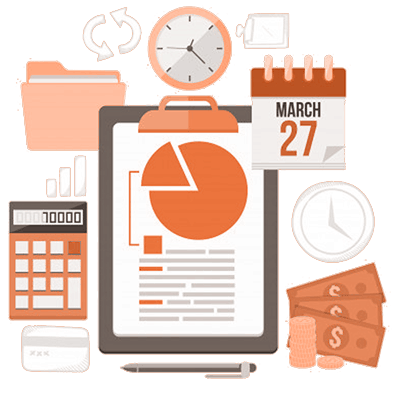How Much Can I Earn Before Paying Tax from 2023/2024? Tax Thresholds Explained
Everything you need to know about how will tax fresholds change in 2023/2024
Understanding the tax thresholds in the UK is essential for financial planning and managing your income effectively. In this blog post, we'll explore the UK's tax-free personal allowance, income tax bands, and other factors that may influence your tax liability. This information will help you determine how much you can earn before paying taxes and how to make the most of your tax allowances.
England and Northern Ireland Personal Allowance and Income Tax Bands for 2023/2024:
The tax-free personal allowance is the amount of income you can earn before you start paying income tax. For the 2023/2024 tax year, the standard personal allowance in the UK is £12,570. This means that you can earn up to £12,570 without paying any income tax.
Once your income exceeds the personal allowance, you'll be taxed according to the income tax bands:
- Basic rate (20%): Applies to income between £12,571 and £37,700.
- Higher rate (40%): Applies to income between £37,701 and £125,140.
- Additional rate (45%): Applies to income over £125,140.
Please note that these figures are subject to change and may be updated in future tax years.
Factors Affecting Your Personal Allowance:
Your personal allowance may be affected by various factors, such as:
- Age: In the past, the UK had a higher personal allowance for individuals aged 65 and over. However, this age-related allowance was phased out, and now everyone receives the same personal allowance regardless of age.
- Income: If your income exceeds £100,000, your personal allowance will be reduced by £1 for every £2 of income above £100,000. This means that if your income is £125,140 or more, you won't receive any personal allowance.
- Marriage Allowance: Married couples and civil partners may be eligible for the Marriage Allowance, which allows one partner to transfer up to 10% of their unused personal allowance to the other partner. This can help reduce the couple's overall tax liability.
- Blind Person's Allowance: If you are registered as blind or severely visually impaired, you may be eligible for the Blind Person's Allowance, which is an additional tax-free amount on top of the standard personal allowance.
National Insurance Contributions:
It's important to note that the personal allowance and income tax bands only apply to income tax. You may still be required to pay National Insurance contributions (NICs) on your earnings, even if you're below the income tax threshold. NICs are calculated based on your earnings and employment status and contribute to your state pension and other benefits.
To summarise:
Understanding how much you can earn before paying tax in the UK is crucial for managing your finances effectively. Keep in mind the personal allowance, income tax bands, and other factors that may affect your tax liability, and consider seeking professional advice if you're unsure about your tax obligations. By staying informed and proactive, you can make the most of your tax allowances and ensure you meet your financial goals.
Contact our experts about any Personal Allowance and Income Tax Bands related questions.
Orther blog posts that you might be interested in
- Self-Employed? Here’s What You Can Deduct in 2025
- Making Tax Digital for Income Tax (MTD for ITSA): What It Means and How We Can Help You Stay Compliant
- The Early Bird’s Guide to Maximising Your UK Tax Return for 2024/2025
- Timelines, guidelines and recommendations for the UK Tax Return submission
- Late Tax Return Penalties and Appeals – What is it and how to deal with it?
- How to Register as Self-Employed in the UK: A Step-by-Step Guide
- Ultimate Guide to Self-Employed Mortgages in the UK: Navigating Tax Returns, SA302, and More
- CIS Registration UK: Everything You Need to Know About
- UTR Registration and Cancellation: What You Need to Know

